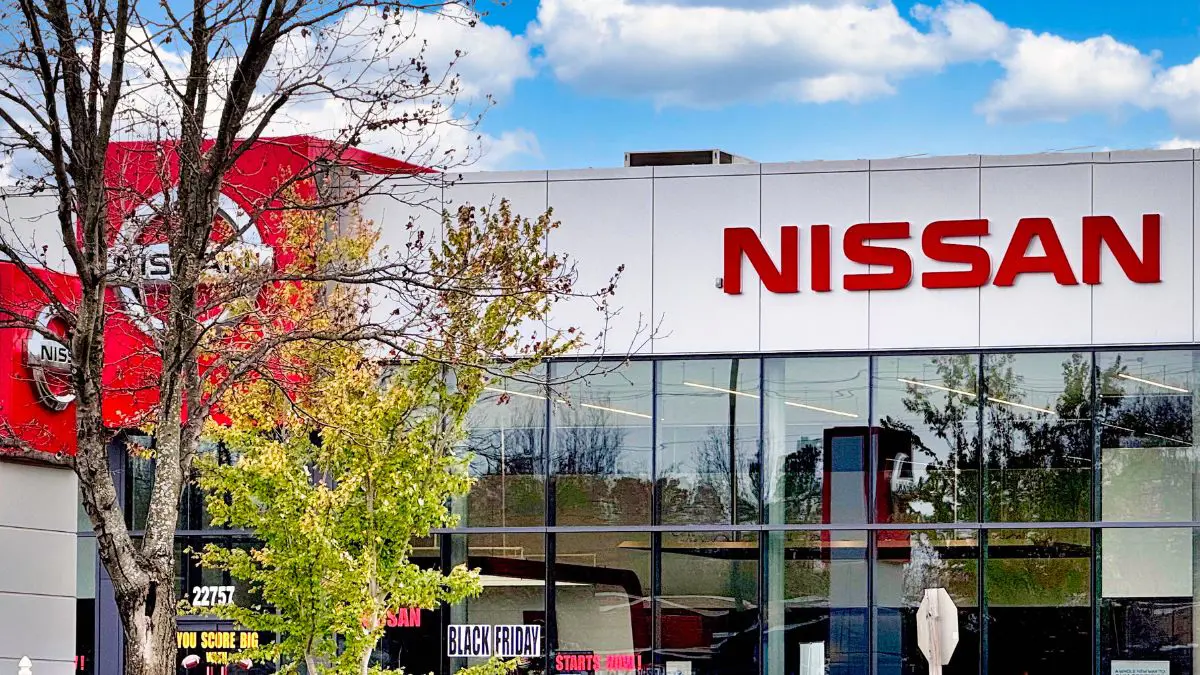Japan EV battery plans hit as Nissan cancels $1.1 billion Kitakyushu project
09 May 2025

Nissan Motor has decided to scrap its ambitious plan to build a ¥153.3 billion ($1.1 billion) electric vehicle battery plant in Kitakyushu, southern Japan—a move that reflects the company’s sharpening focus on operational efficiency and financial recovery.
Announced just four months ago, the plant was set to manufacture lithium iron phosphate (LFP) batteries and create an estimated 500 jobs. The Japanese government had pledged up to ¥55.7 billion in subsidies to support the project, which was initially scheduled to begin production around 2028. However, Nissan has now reversed course, citing a need to reassess the return on investment.
“In an effort to improve performance, Nissan is taking urgent steps and reassessing all options,” the company said, indicating a strategic pivot that places less emphasis on expanding domestic production capacity.
The cancellation coincides with reports from the Nikkei that the company is preparing to offer early retirement to several hundred employees in Japan—marking its first such domestic workforce reduction since 2007. While Nissan has not officially confirmed the layoffs, sources suggest they could begin accepting applications later this fiscal year, primarily from administrative departments.
These decisions fall under the broader transformation plan being led by Ivan Espinosa, who assumed the role of CEO last month. His mandate includes significant restructuring, including the elimination of 9,000 jobs worldwide and a 20% reduction in global production capacity. Nissan is also closing select manufacturing facilities as it responds to weakening demand and intensifying competition in the EV sector.
The now-cancelled Kitakyushu plant had been seen as an important step toward strengthening Japan’s domestic EV supply chain. Its termination could delay national goals to reduce dependency on imported battery components and curb the pace of local industrial development.
Financially, the company is navigating a tough stretch. Nissan recently projected a record net loss of up to ¥750 billion ($5.14 billion) for the fiscal year ended in March, citing significant asset write-downs. The automaker is expected to present a detailed financial forecast and strategic roadmap when it releases its annual results on Tuesday.
Summary:
Nissan has pulled back from its $1.1 billion EV battery factory project in Kitakyushu as part of a sweeping restructuring under new CEO Ivan Espinosa. With job cuts looming and major investments under review, the company is tightening operations in a bid to reverse steep financial losses. The move casts a shadow over Japan’s broader ambitions to localize EV battery production and boost regional industry.
FAQs
1. Why did Nissan cancel the $1.1 billion EV battery plant project in Kitakyushu?
Nissan cited concerns over "investment efficiency" as the key reason for scrapping the project. The decision reflects the company’s shift toward aggressive cost-cutting and restructuring as it struggles to improve profitability and streamline its global operations.
2. What was the purpose of the planned battery plant?
The plant was intended to manufacture lithium iron phosphate (LFP) batteries for electric vehicles. It was expected to support Japan’s efforts to develop a domestic EV supply chain and reduce reliance on imported battery technologies.
3. How significant was the government's role in this project?
The Japanese government had committed up to ¥55.7 billion (approx. $370 million) in subsidies to support the plant, indicating its strategic importance for national industrial policy. The cancellation is a setback to those ambitions.
4. How many jobs were expected to be created by the battery plant?
The factory was projected to generate approximately 500 jobs in the region, offering a boost to the local economy of Kitakyushu in Fukuoka Prefecture.
5. What does this decision mean for Japan's EV ambitions?
Nissan’s withdrawal highlights the challenges Japan faces in accelerating its EV infrastructure domestically. It may hinder momentum in building a robust local battery production ecosystem crucial for long-term competitiveness.
6. Is Nissan exiting the EV battery business entirely?
No. While this specific project has been shelved, Nissan remains active in the EV space and is likely to pursue alternative battery sourcing strategies—either through partnerships, imports, or future projects aligned with its revised strategy.
7. What other restructuring steps is Nissan taking?
Under new CEO Ivan Espinosa, Nissan is cutting 9,000 jobs globally, reducing production capacity by 20%, and closing several manufacturing plants. The company is also reportedly preparing early retirement programs for several hundred domestic employees.
8. When was the last time Nissan reduced headcount in Japan?
Nissan last implemented a domestic early retirement plan in 2007, when it cut 1,500 jobs amid a shrinking local market. The current round would mark the first such move in 18 years.
9. How is Nissan performing financially?
The automaker recently forecast a record net loss of between ¥700 billion and ¥750 billion ($4.8 billion–$5.1 billion) for the fiscal year ending March 2025, largely due to impairment charges and weak global performance.
10. What should stakeholders watch for next?
Nissan will reveal its full-year financial results and outline its recovery strategy on Tuesday. Investors, suppliers, and industry observers will be watching closely for signals on how the company plans to rebuild momentum and navigate competitive pressures.


















